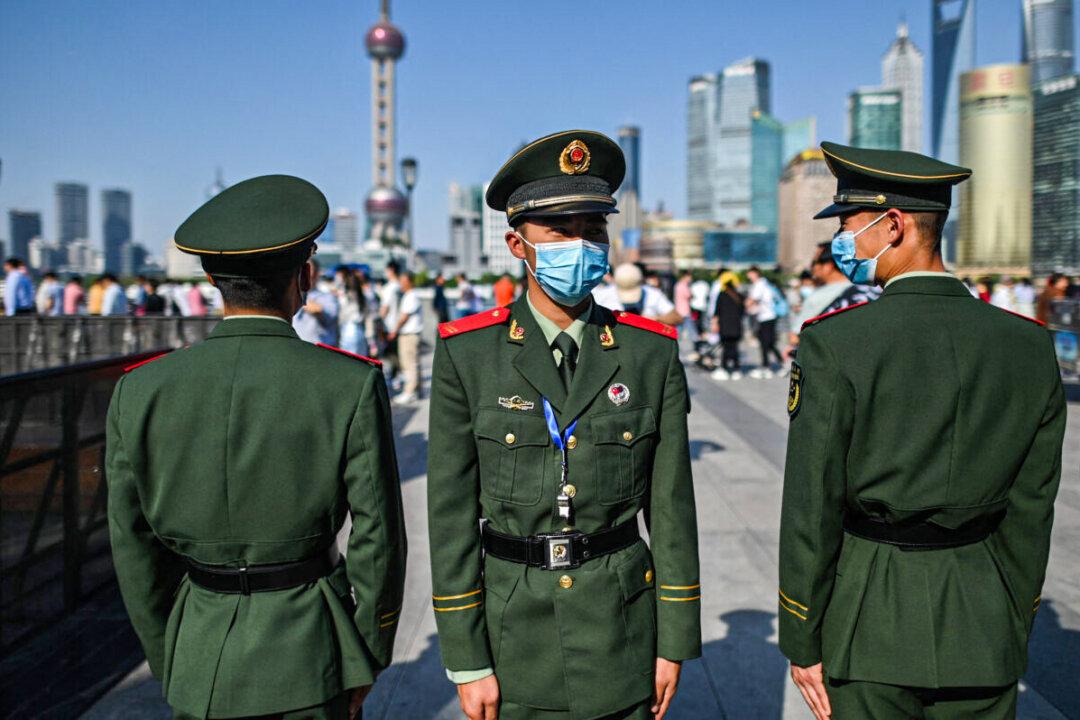A trove of data of more than 1 billion Chinese residents, allegedly hacked from the Shanghai police database, has been listed for sale on the dark web. If verified, it could amount to the biggest data leak in the country’s history.
“In 2022, the Shanghai National Police (SHGA) database was leaked,” reads a post dated June 30 on Breach Forums, a popular hacker community. “Databases contain information on 1 billion Chinese national residents and several billion case records, including name, address, birthplace, national ID number, mobile number, all crime/case details.”




